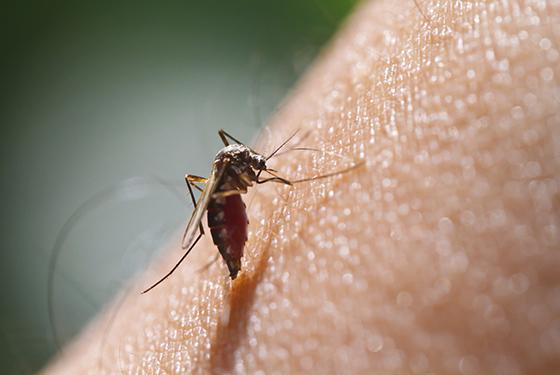
Dr. Theodore Steiner, researcher at the VCH Research Institute, shares his advice on how we can protect ourselves from this potential deadly disease.
Malaria kills approximately 660,000 people every year1. According to the World Health Organization, malaria is an infectious disease that has killed more than any other in human history.
Q: Where is malaria found?
A: Malaria is endemic in countries around the equator; the highest rates are in sub-Saharan Africa. However, even in countries where malaria is not a threat, travelers and immigrants can be carriers.
Q: Why is it difficult to eliminate malaria?
A: Malaria strains are stubborn. They have a complex life cycle that involves specific parasite stages that are adapted to humans and mosquitoes. When an infected mosquito bites a person, it injects parasites that develop over days to months and eventually grow inside red blood cells. Often times, they tear blood cells and/or block small blood vessels.
In addition, a person can contract malaria multiple times in life. The parasite easily changes its surface, avoiding detection by the human immune system. Though you can become partially resistant to malaria, you can still be infected and spread the parasite back to mosquitoes to infect other people. These reasons keep the malaria life cycle going and make it difficult to fight.
Q: Is there anything I could do to prepare myself before travelling to malaria endemic areas?
A: Before your trip, remember to consult your physician or visit a specialized travel clinic for advice including preventative medication. Take steps to avoid mosquito bites — wear clothing that covers exposed skin use DEET-based insect repellent. This can help to protect against malaria as well as other mosquito-spread diseases like dengue fever and yellow fever.
Q: I am not sure if I have contracted malaria. What should I do?
A: Seek immediate medical attention — the most severe form of malaria typically causes symptoms two to eight weeks after exposure. It is very important to tell your doctor if you have been to an area where malaria exists and to ask if you need to be checked for malaria.
Visit the Vancouver Coastal Health Travel Clinic for more information on malaria.
REFERENCE:
1World Health Organization, http://www.who.int/mediacentre/factsheets/fs094/en/.
Dr. Theodore Steiner is a researcher at the Immunity & Infection Research Centre, associate head of Division of Infectious Disease, and an associate member of the Department of Microbiology and Immunology at UBC. As an infectious disease clinician with a specialty in infectious diarrhea and tropical medicine, Dr. Steiner’s research interests include the role of flagellin in anti-bacterial inflammatory responses.


